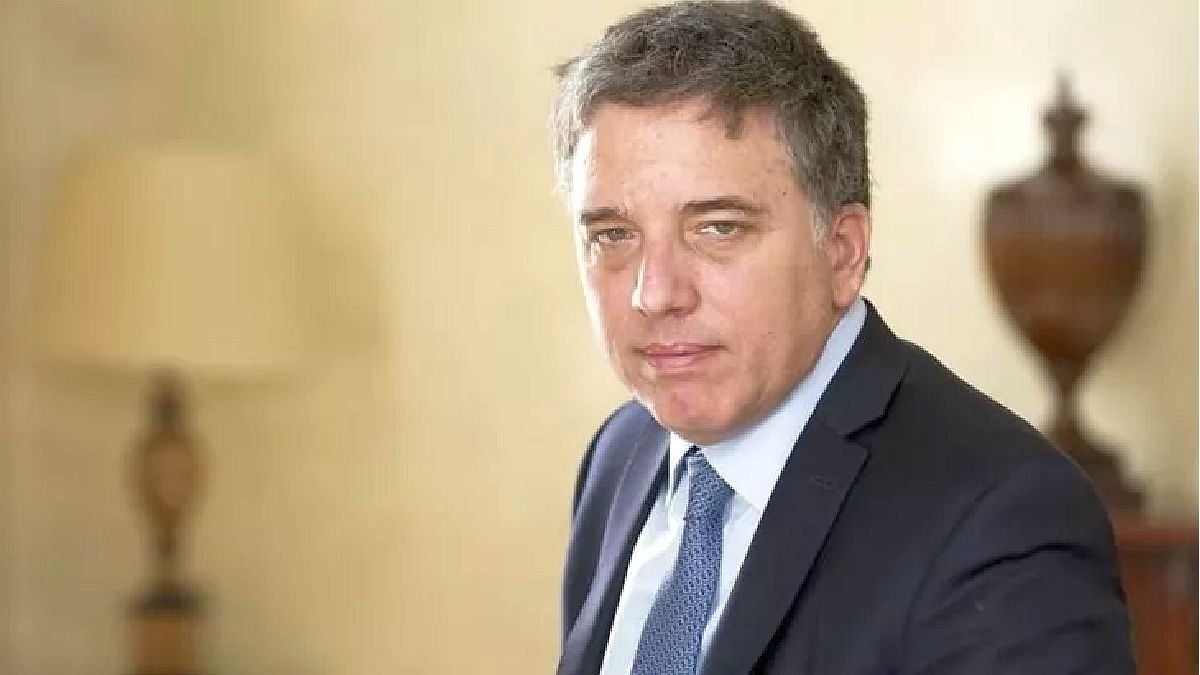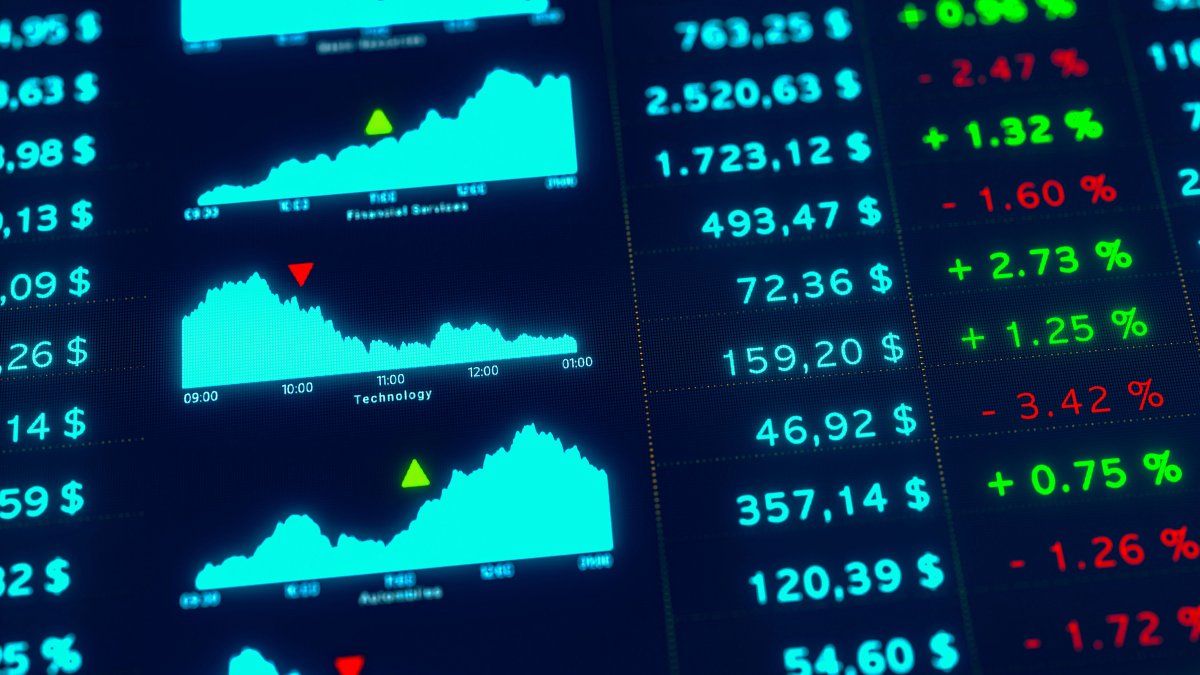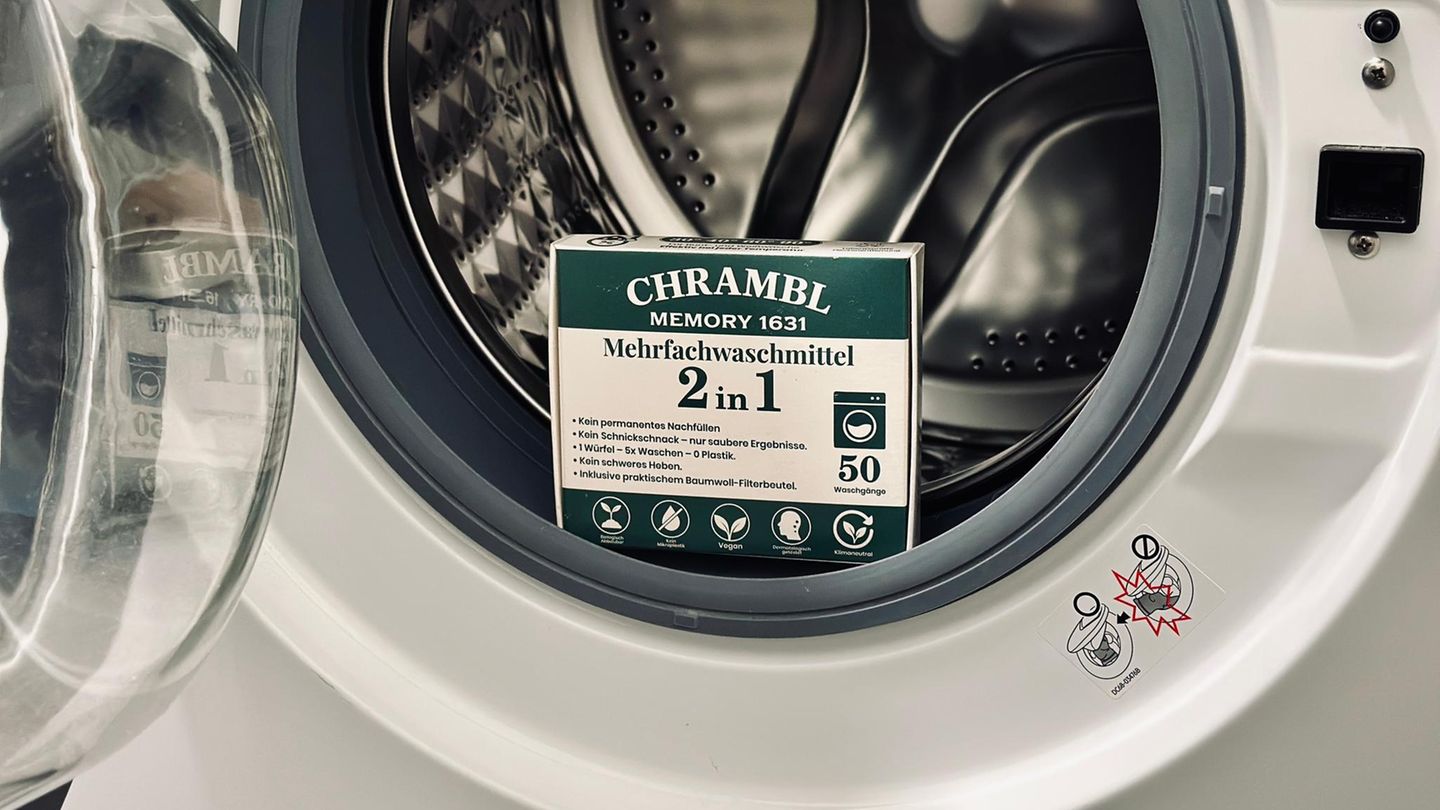The former minister of Economy of Mauricio Macri, Nicolás Dujovnehe seemed confident in the economic direction that Argentina is taking by the hand of Javier Milei and Luis Caputo, owner of the Treasury Palace. For the economist, the program “is more consistent” than many consider and asserted that the “inflation and recession are not “of this management and was encouraged to put a floor to the price dynamics.
In an interview for LN+, the former official noted that the “It will be very difficult for inflation to drop below 3% or 4% monthly for a long time.“. It should be remembered that a large part of the private consulting firms maintain that the May figure will be close to 5%, but Dujovne’s view coincides with that of the market, which considers that there is still strong relative price imbalances, which imposes a still high floor, at least for the next quarter.
“We have a Government that has a north, which is the one embraced by countries that have achieved or want to achieve adequate, prosperous functioning, capable of reducing poverty, competing with the world, and generating employment. That is the agenda of fiscal balance, to begin to correct some regulations that exist only in Argentina and nowhere else in the world.. Also open the economy and be more competitive,” said Dujovne when giving his view on the Government.
Milei’s challenges, according to Dujovne
The former minister raised one of Milei’s challenges, which he valued as similar to what Macri faced. “The model itself has a difficulty, which we saw very clearly during the Macri administration, which is to build a more open and competitive society where the State begins to adjust its accounts, we converge to fiscal balance and we go to taxes more reasonable,” he said and clarified what it would imply: “It is a harsher economy compared to what one had previously. The profit of the companies will depend on competing every day in the market and not on lobbying or having a quasi-income for having a kiosk.”
Dujovne explained that it is almost natural that the first year is difficult, because it is a transition from one model to another. On the other hand, he warned that “there is initially a cost for the consumer’s pocket.” It is a “rearrangement” that aims to “reduce these irrational subsidies that Kirchnerism placed on transportation and energy and that implies withdrawing a subsidy that impacts consumers,” as he expressed.
The former minister once again used an old well-known phrase that became the motto of the Macri administration: “We are listening to see when a light appears at the end of the tunnel to see if the economy can start”. “If that happens and the current program, which was quite solid for the first stage, we combine it with another continuity program, at the end of the year we will have a much more competitive economy,” Dujovne enthused.
Dollar stocks
Dujovne assured that “with this fiscal program, the Government could have lifted the stocks as soon as the administration began.” And he explained: “When I say lifted the stocks, I mean lifting most of the restrictions that it has today. “I think the Government minimizes the importance of what it has done fiscally in terms of the ability to lift the restrictions.”
Dujovne.webp
“Why aren’t we going out yet?” he asked himself and then responded: “Because there is still an internal debate in the Government that does not know whether we are going to managed floating or endogenous dollarization”. Dujovne raised his objections to endogenous dollarization: “It gives me doubts.”
About RIGI
Dujovne strongly supported the Large Investment Incentive Regime (RIGI), part of the Base Law, which was approved without setbacks in the Chamber of Deputies, but faces criticism in the Senate from opposition legislators. Dujovne believes that RIGI could be a key driver of economic growth. In his words, “RIGI is a very effective tool. There are numerous sectors that need it, especially after Argentina has had recurring problems with contracts.”
Furthermore, the former minister praised a crucial aspect that, according to him, has gone unnoticed, but is being managed exceptionally. “What the Ministry of Foreign Trade has achieved is truly remarkable. All non-automatic licenses, the Siras, the CEF, have been eliminated. Currently, there are no non-automatic licenses. This has not happened since the 90s. It has been eliminated the obligation for all textile products or allegations of dumping to undergo close scrutiny, treating them as potential smugglers.
Source: Ambito




